Rare attack near heart of Iraqi Kurdish power holds multiple messages
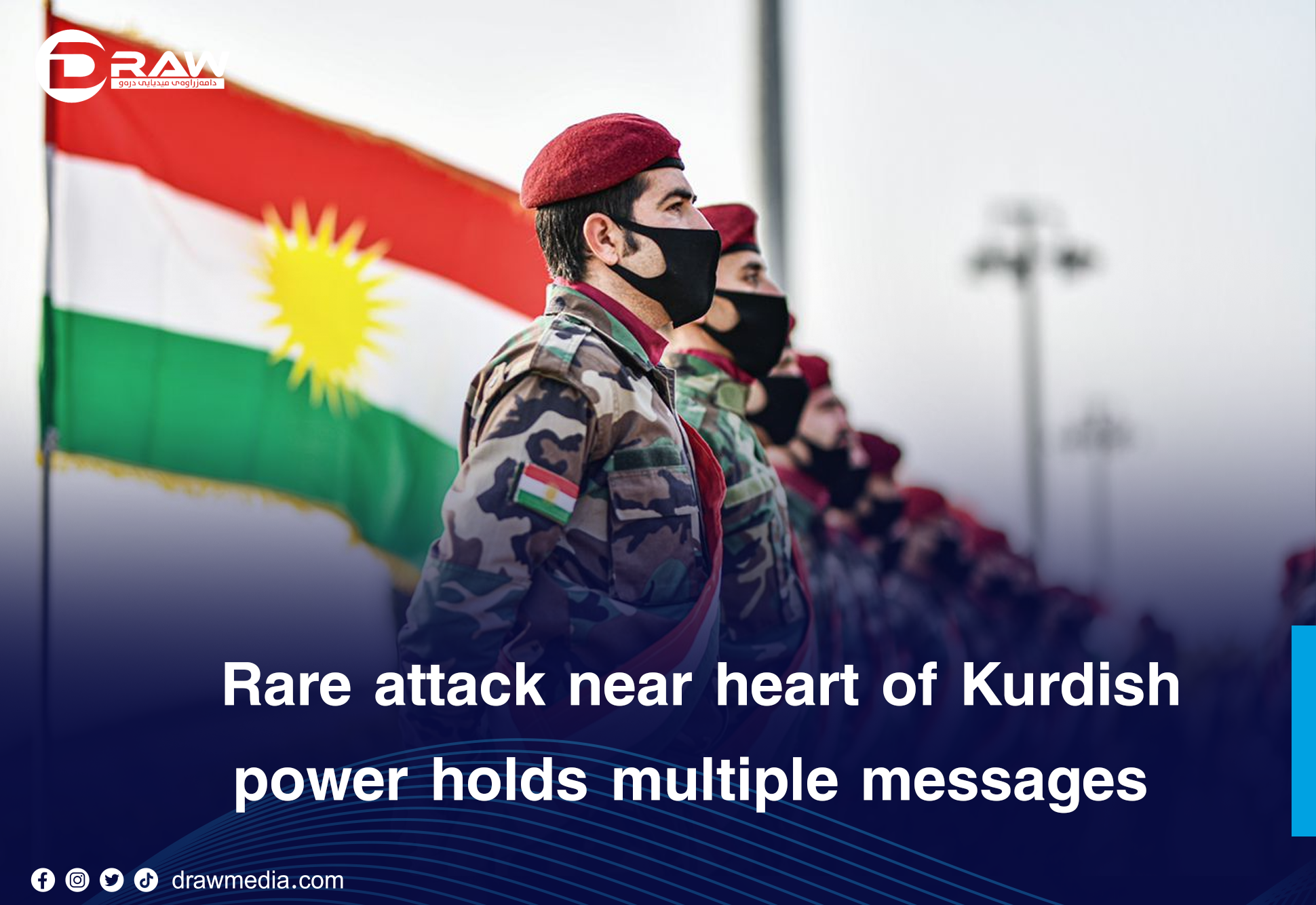
2024-01-13 07:19:52
Amwaj.media
The story: Kurdish security forces have been targeted in a rare drone strike in northern Iraq. A Peshmerga base in an area that is home to the headquarters of the ruling Kurdistan Democratic Party (KDP) was hit. While no one has claimed responsibility, the attack follows months of operations against US forces in Iraq and Syria by a new entity known as the “Islamic Resistance in Iraq.” The incident also notably comes amid increased political tensions between Erbil and Baghdad—sparking sharp reactions.
The coverage: Two attack drones hit a Peshmerga base in Pirmam on the night of Dec. 30, 2023, according to the Kurdistan Regional Government (KRG).
- The district is located approximately 28 km (17.4 miles) northeast of the city of Erbil. No casualties have been reported, although the strike is said to have caused material damage.
- Pirmam is notably home to the headquarters of senior KDP leaders, including party president Masoud Barzani and his son Kurdistan Region Prime Minister Masrour Barzani. The area is thus highly sensitive both from a security perspective and in terms of political symbolism.
KDP and KRG officials have reacted furiously to the incident, describing it as a “terrorist attack.”
- Kurdistan Region President Nechirvan Barzani said in a statement that “the assault on the Peshmerga, which is an official force and an integral component of Iraq’s federal defense system, is a dangerous and unacceptable escalation.”
- Kurdistan Region Prime Minister Barzani condemned the “outlaws and their collaborators.” In a thinly veiled reference to Shiite armed groups, Barzani thundered, “They use state money and weapons to attack the Kurdistan Region, destabilize the whole of the country, and risk renewed conflict in a nation that has seen enough bloodshed.”
To help manage the rising tensions, top Iraqi Kurdish figures have engaged with senior members of the security establishment in Baghdad.
- On Jan. 4, KDP leader Masoud Barzani met with Iraqi National Security Advisor Qasim Al-Araji.
- Notably, the Kurdish party president also held talks with the chairman of Iraq’s Popular Mobilization Units (PMU), Falih Al-Fayyadh.
The context/analysis: While no one has claimed responsibility for the Pirmam incident, it notably comes amid ongoing attacks on facilities hosting US troops in Iraq and Syria.
- The “Islamic Resistance in Iraq” began targeting American forces in Oct. 2023 with the apparent aim to press the Joe Biden administration to halt the Gaza war.
- US facilities in Iraqi Kurdistan have been repeatedly hit, including at the Erbil Air Base. Incidents have additionally taken place at the Harir Air Base, located some 70 km (44 miles) outside Erbil. Pirmam is situated between Erbil and Harir.
- Out of an estimated 150 attacks in Iraq and Syria since Oct. 2023, some 30 targeted the Erbil and Harir bases, according to the Institute for the Study of War. Of note, only days after the Pirmam incident—on Jan. 5—Harir was hit by another attack drone.
Iraqi Prime Minister Muhammad Shia’ Al-Sudani has said that his government will launch a “comprehensive investigation” into the attack on the Peshmerga base.
- In contrast with past strikes in Iraqi Kurdistan, there has been little foreign condemnation, with France among few to issue an official statement.
Faced with the political aftermath of deadly US attacks on Shiite armed groups accused of involvement in the targeting of American forces, Sudani has sought to calm tension.
- The renewed push for US forces to leave the country has grown stronger following a Jan. 4 US airstrike that killed Mushtaq Jawad Kazim Al-Jawari. Abu Taqwa, as Jawari was better known, was a senior commander of Harakat Hezbollah Al-Nujaba. Notably, KDP-affiliated media outlets heavily covered the US airstrike.
- The day after the killing of Jawari, Sudani announced the formation of a committee to end the presence of Coalition and US troops in Iraq.
- The KDP—and Iraqi Kurdish parties more generally—are strongly in favor of maintaining the presence of Coalition and US troops. In this context, the attack on Pirmam is possibly an attempt to pressure the KDP on the issue specifically.
The KRG and Iraq’s federal government are also in the midst of a multi-pronged dispute, which covers the budget, elections, oil, security, and other issues.
- The KDP—and Kurdistan Region Prime Minister Barzani specifically—have a testy relationship with the Iran-backed Shiite Coordination Framework.
- While not outright antagonistic, relations between the KDP and the ruling Shiite Arab parties are often tense. In contrast, the other main Kurdish ruling party—the Patriotic Union of Kurdistan (PUK)—is closely aligned with the Shiite Coordination Framework.
- The Dec. 30 incident—showcasing the ability to attack symbolically important Pirmam—is potentially another way to keep the KDP under pressure amid Baghdad-Erbil tensions.
The future: The Pirmam incident could hold both local and broader geopolitical messages for the KDP. Therefore, it is important to track coming developments along both axes.
- Ultimately, the potential for the withdrawal of Coalition and US troops is a matter between Baghdad and foreign capitals, with Erbil able to wield only limited influence. However, the KDP’s reaction to such a development will be politically significant.
- The Kurdish regional administration has progressively lost power to the federal government over the past two years. As the lead party in the KRG cabinet, this hurts the KDP the most. As the Shiite Coordination Framework continues to press this advantage, it remains to be seen whether the KDP can reverse the current dynamic.
If the “Islamic Resistance in Iraq” is involved in the attack in Pirmam, it could indicate that Shiite armed groups are able and ready to also target domestic political competitors.
- Attacks on the Peshmerga by forces based outside Iraqi Kurdistan have been rare since 2017, and when they have taken place usually limited in scale.
- If the tempo and intensity of strikes on Peshmerga positions grow, that would be a negative indicator for Baghdad-Erbil relations. Politically, the latter could in turn affect the prospect of the two sides forging a lasting consensus on issues like the budget or oil policy.







.png)

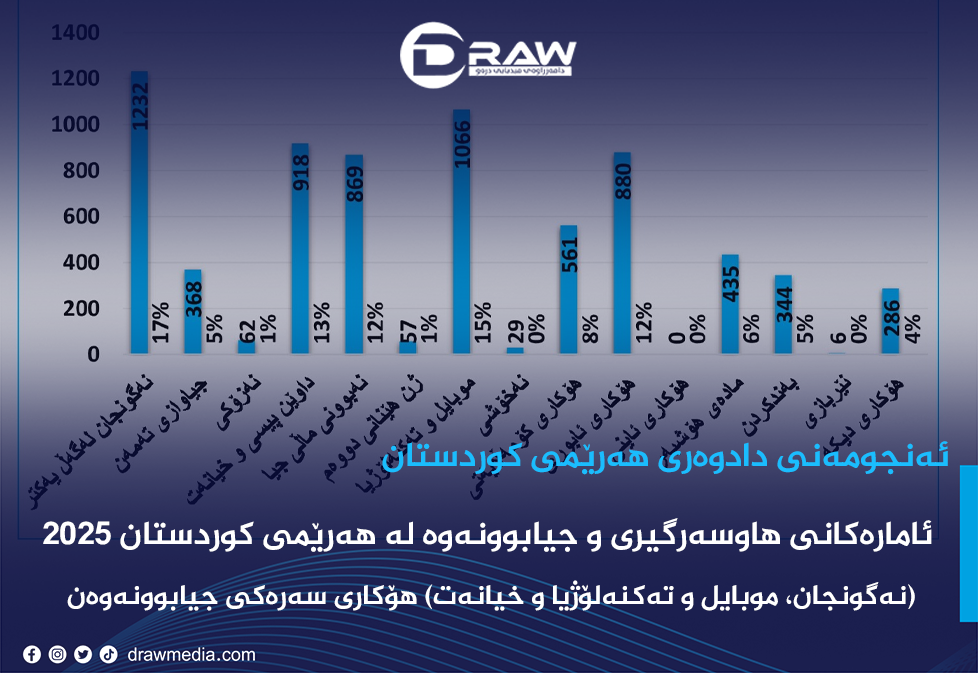
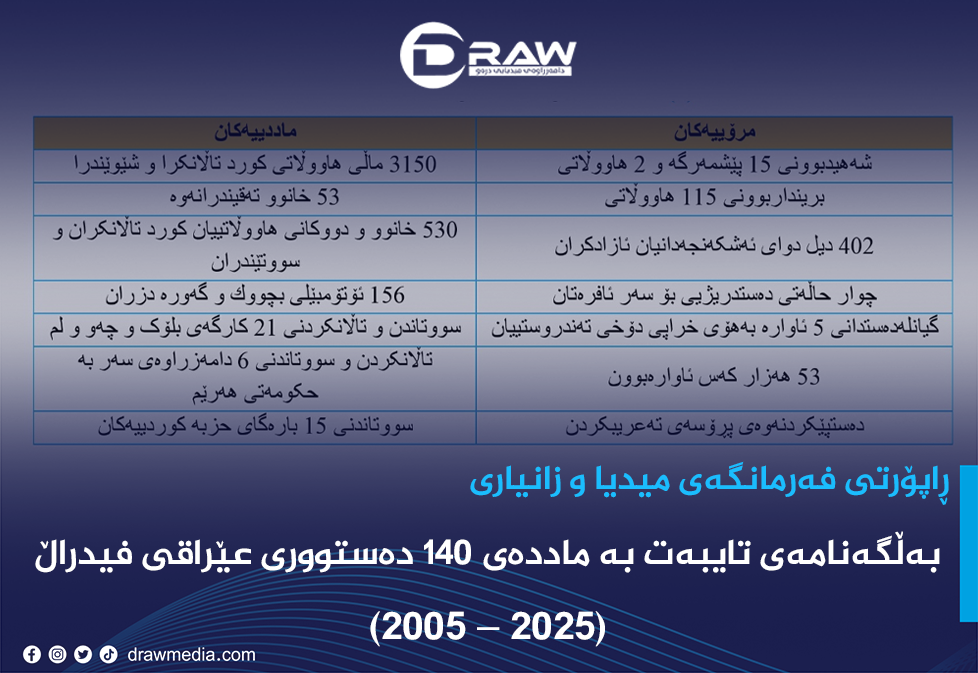
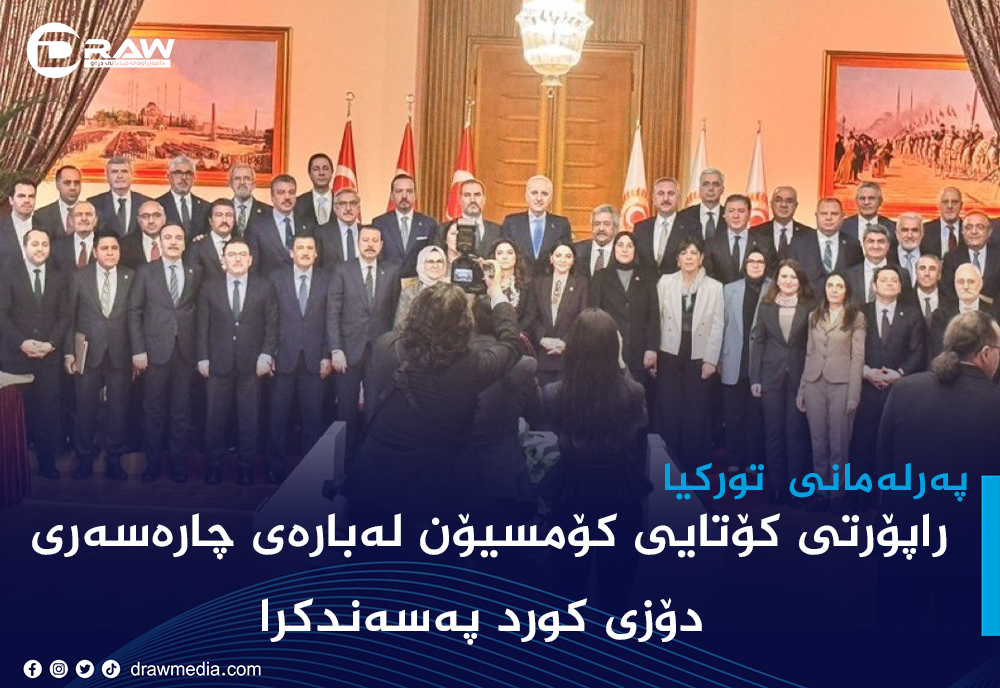






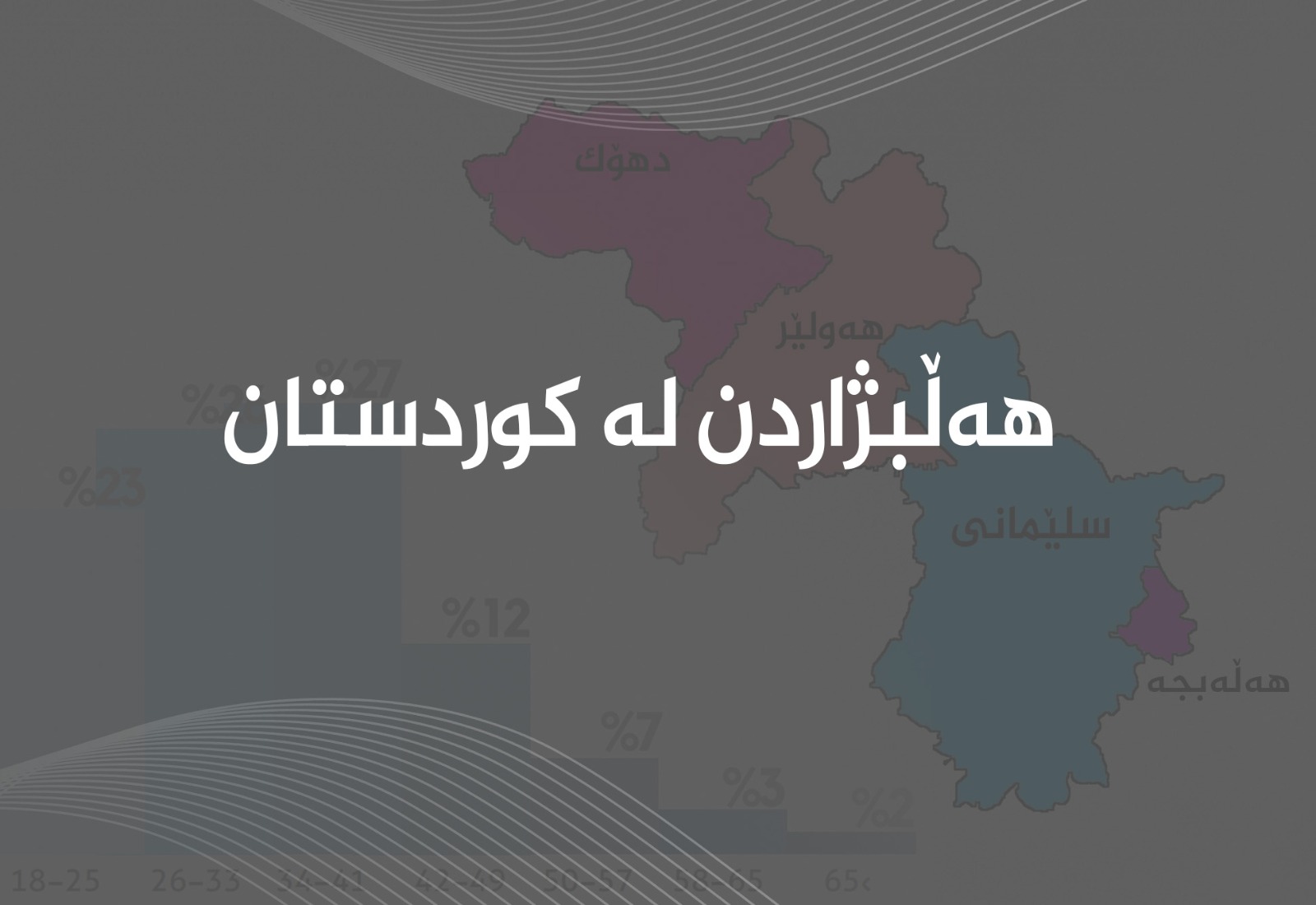
(1).jpg)
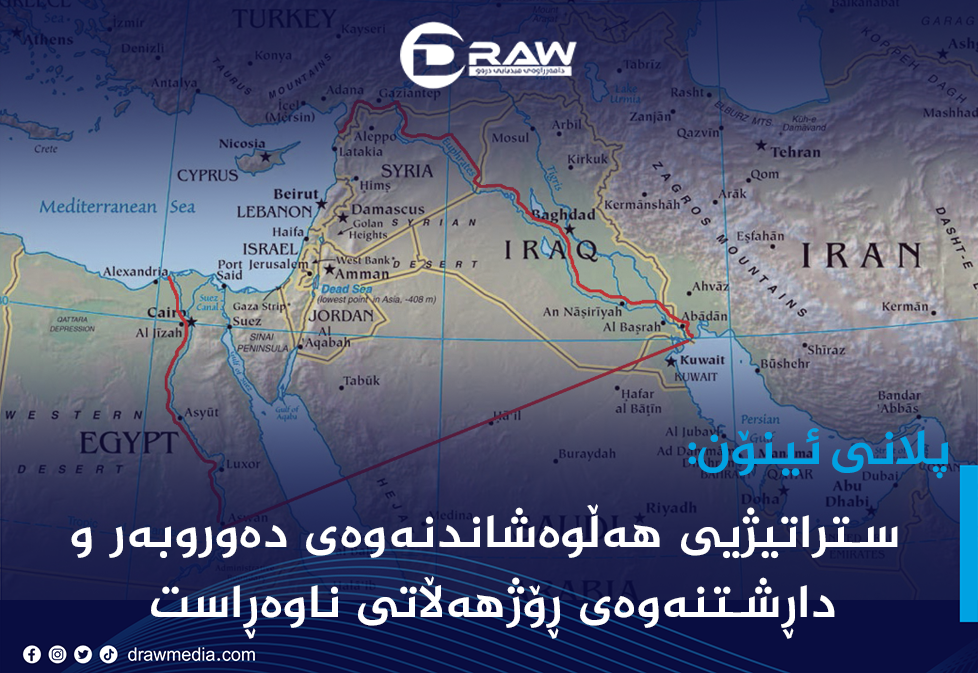
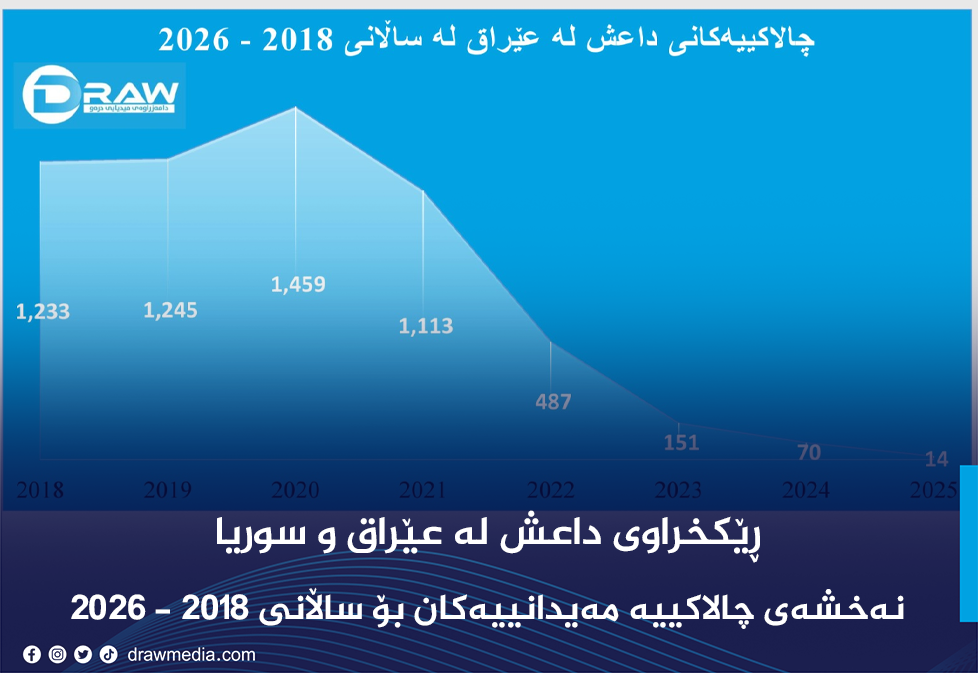
.png)
